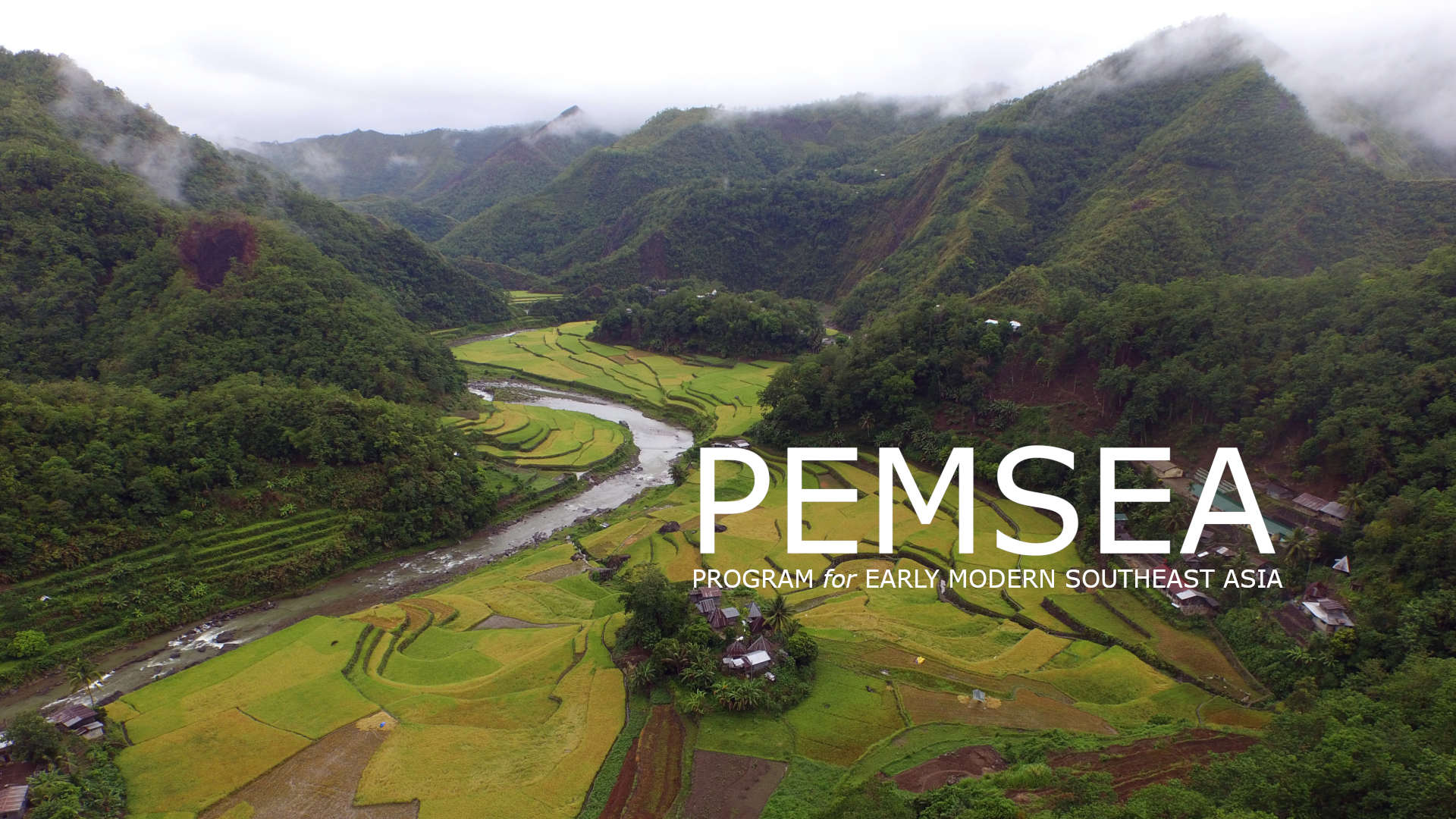
THE PROGRAM FOR EARLY MODERN SOUTHEAST ASIA (PEMSEA)
The University of California-Los Angeles, the University of Hawaii-Manoa, and the University of Washington aim to strengthen SEA Studies by establishing a Program for Early Modern Southeast Asia (PEMSEA). This interdisciplinary research program will expand and revitalize SE Asian studies by offering new directions for integrated scholarship through undergraduate and graduate student training, annual interdisciplinary workshops, and logistical support for studies on Southeast Asia’s Early Modern Period.
The research program is intended to provide baseline environmental histories from different localities in SE Asia using multidisciplinary approaches. This involves the compilation of paleoethnobotanical/ archaeobotanical, zooarchaeological, dendroclimatological, and sedimentological datasets from various sites in SEA; analysis of dynastic (i.e. Vietnamese, Javanese, Chinese) records of environmental disasters and other significant ecological events in the region; and, survey European colonial documents (VOC, Spanish colonial records) to identify key environmental perturbations.
The compelling problem is long-term climate change in SEA during the last millennium CE, with a special focus on the EMP, since it is precisely during this critical period that European and Asian worlds collided. PEMSEA research would thus focus on:
1. Human/climate dynamics of the Mekong River catchment (including the Mekong delta region) from 1400-1900, with a focus on resilience strategies and human impact; and
2. Human adaptations to changing sea levels in two key areas of island Southeast Asia from 1400-1900 (southern Luzon, eastern Indonesia), with a focus on resilience strategies and settlement adaptations.
Such deep integration would involve active collaboration across disciplines to trace long-term local and regional human responses to environmental variability and their global implications. The components emphasized above will be articulated through the “human ecodynamics” (HE) approach, which has the potential to facilitate the development of local histories and broaden our understanding of regional-scale change in SEA.
